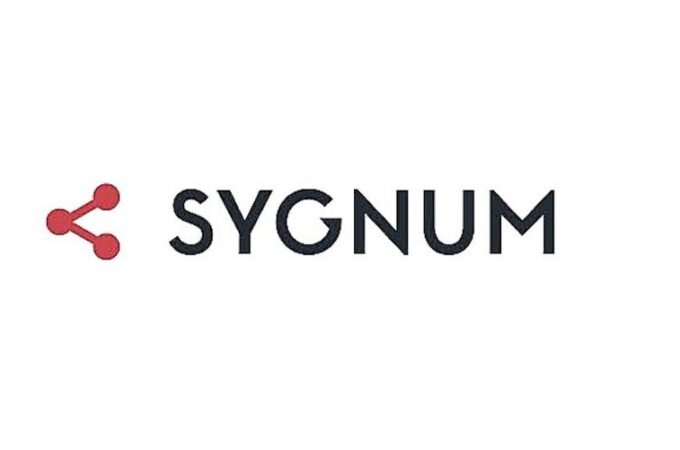
SEC Expands Oversight with New Dealer Rules, Impacting Crypto and DeFi
The Securities and Exchange Commission (SEC) recently adopted final rules that redefine the scope of a “dealer,” a move that could significantly impact the crypto and decentralized finance (DeFi) sectors. These rules, initially proposed in 2022, aim to bring more market participants under SEC oversight, requiring registration, compliance with federal securities laws, and membership in self-regulatory organizations (SROs).
The finalized rules, spanning 247 pages, expand the definition of “dealer” to encompass market participants engaging in significant liquidity-providing roles. Specifically, individuals or entities expressing trading interest near the best market prices or earning revenue primarily from bid-ask spreads may fall under this classification. The threshold for applicability includes entities with assets exceeding $50 million.
While the original proposal mentioned crypto only in passing, the finalized rules explicitly address the crypto space, including DeFi activities. This marks a significant shift, with the SEC asserting jurisdiction over transactions involving crypto securities. The rules emphasize a functional analysis of securities trading activities, irrespective of the technology used.
The crypto industry has voiced strong opposition to these rules, citing concerns over practicality and innovation stifling. Organizations like the DeFi Education Fund have criticized the SEC’s approach as misguided, particularly regarding the lack of clarity on compliance paths for DeFi participants. There’s apprehension that these regulations could pose insurmountable challenges for DeFi projects, given their decentralized nature and lack of centralized control.
SEC Commissioners were divided in their views on the rule changes. While proponents argue for enhanced investor protection and market stability, dissenters, like Commissioner Hester Peirce, advocate for more tailored regulations for the crypto space. Concerns were raised about the practical application of the rules, especially in the crypto markets, where ambiguity could lead to regulatory confusion.
The expanded dealer definition has wide-ranging implications for various market participants. Those meeting the criteria outlined in the rules would be required to register with the SEC, comply with securities laws, and join SROs. This regulatory burden could pose challenges for DeFi projects and other crypto market participants, potentially limiting their ability to operate within the confines of SEC oversight.
The rules are set to take effect 60 days after publication in the Federal Register, with a compliance deadline of one year thereafter. As the industry grapples with these regulatory changes, ongoing legal battles over the classification of cryptocurrencies as securities could further shape the landscape of dealer regulation. Market participants, particularly those in the crypto and DeFi sectors, are closely monitoring developments and assessing their compliance obligations in light of these new rules.





